Claudine Gay was the first person of color and second woman to serve as president of Harvard University. Six months into her role, she resigned due to weeks of heavy backlash, making her term the shortest in Harvard history.
Anti-semitism:
In early December 2023, Gay testified before Congress about her views on handling the October 7 Hamas attack on Israel at the Harvard campus. She was there alongside then-President Liz Magill from the University of Pennsylvania and President Sally Kornbluth of the Massachusetts Institute of Technology.
Harvard and the University of Pennsylvania are both under investigation for their alleged racial discrimination under Title VI, which prohibits discrimination surrounding race and national origin.
During the hearing, New York Republican Rep. and Harvard alumna Elise Stefanik questioned Gay. Stefanik asked Gay if “calling for the genocide of Jews” violates Harvard’s code of conduct, to which Gay responded that it depends on “the context in which that language is used.” If it amounts to bullying or harassment, Harvard will take the initiative. Gay said that usually, actions are taken against these statements; however, she also clearly stood by Harvard’s freedom of speech policy.
Her comments were controversial.
“It’s unbelievable that this needs to be said: calls for genocide are monstrous and antithetical to everything we represent as a country. Any statements that advocate for the systematic murder of Jews are dangerous and revolting — and we should all stand firmly against them, on the side of human dignity and the most basic values that unite us as Americans,” said Andrew Bates, a White House spokesman.
Other free speech experts thought Gay’s statements were correct and equitable.
Professor Nadine Strossen, former president of the American Civil Liberties Union, said, “Calls for genocide, standing alone — without any targeting of individuals, without any additional action — are protected free speech,” according to Original Jurisdiction.
Gay later addressed her comments in an op-ed she wrote for The New York Times. She restated what she had said during the hearing and acknowledged her mistakes. “I neglected to clearly articulate that calls for the genocide of Jewish people are abhorrent and unacceptable and that I would use every tool at my disposal to protect students from that kind of hate,” said Gay.
Plagiarism:
Recently, Gay has been criticized for her academic work, research, and articles addressing American political behavior. Many of these allegations came from conservative activists and political news. The Washington Free Beacon, a conservative political journalism website, published accusations about Gay’s work. Their article stated that Gay had paraphrased and quoted “nearly 20 authors… without proper attribution.”
In response, on December 12, The Harvard Corporation, one of Harvard’s governing boards, stated that Gay had asked for reviews of her articles to address any instances of similarity. The outcomes revealed a few inaccuracies in her citations, but nothing serious enough to warrant a violation of Harvard’s code of conduct. The corporation remained in support of Gay. Meanwhile, The Washington Free Beacon, along with Rufo, continued to publish complaints.
Gay also responded to the allegations of plagiarism in her New York Times op-ed, confirming that she requested corrections when similarities arose. “I have never misrepresented my research findings, nor have I ever claimed credit for the research of others. Moreover, the citation errors should not obscure a fundamental truth: I proudly stand by my work and its impact on the field,” she said.
Why it matters:
As Gay entered her role as president, she faced demanding issues surrounding diversity initiatives at Harvard University, recently under speculation for their affirmative action policy. This policy aims to eliminate racial inequities in college applications. Days before Gay took her position, the Supreme Court had set limits on affirmative action at the college, a decision that fed into the attacks on diversity ambitions and DEI (diversity, equity, inclusion). Recently, DEI initiatives have been scrutinized by conservative figures, including Christopher Rufo.
Rufo publicized many instances of plagiarism and antisemitism against Gay and ultimately celebrated her resignation. “This is the beginning of the end for DEI in America’s institutions,” said Rufo via social media. “We will expose you. We will outmaneuver you. And we will not stop fighting until we have restored colorblind equality in our great nation.”
Gay’s resignation sparked outrage among many Black professors and students, concerned about the role of race in her leaving. Ibram X. Kendi, founder of the Center for Antiracist Research at Boston University, posted on X (formerly Twitter) about the issue. “Racist mobs won’t stop until they topple all Black people from positions of power and influence… What these racist mobs are doing should be obvious to any reporter who cares about truth or justice.” He also wrote that he was certain Gay wouldn’t be “investigated, surveilled, harassed, written about, and attacked” if she wasn’t a Black woman.
Additionally, Harvard students were concerned due to the commotion. Several articles, essays, and op-eds were written in the student newspaper, the Harvard Crimson after Gay’s resignation. There were mixed reactions; many students thought her resignation would improve the university’s image, while others were unsure about Harvard’s future.
“We need bold and imaginative solutions, but we can’t have those conversations on a college campus if we’re catering to the whims of people who have very clear ideological agendas,” one student told the Harvard Crimson, as told by ABC News. “They’re trying to go viral, and they’re trying to take over Harvard from outside Harvard.”


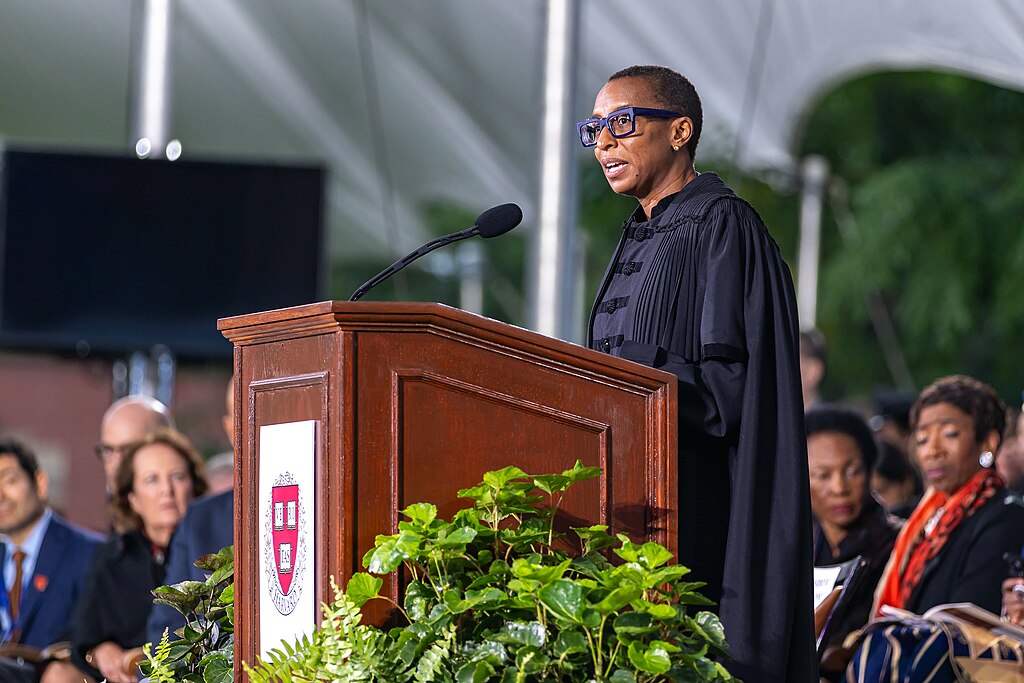

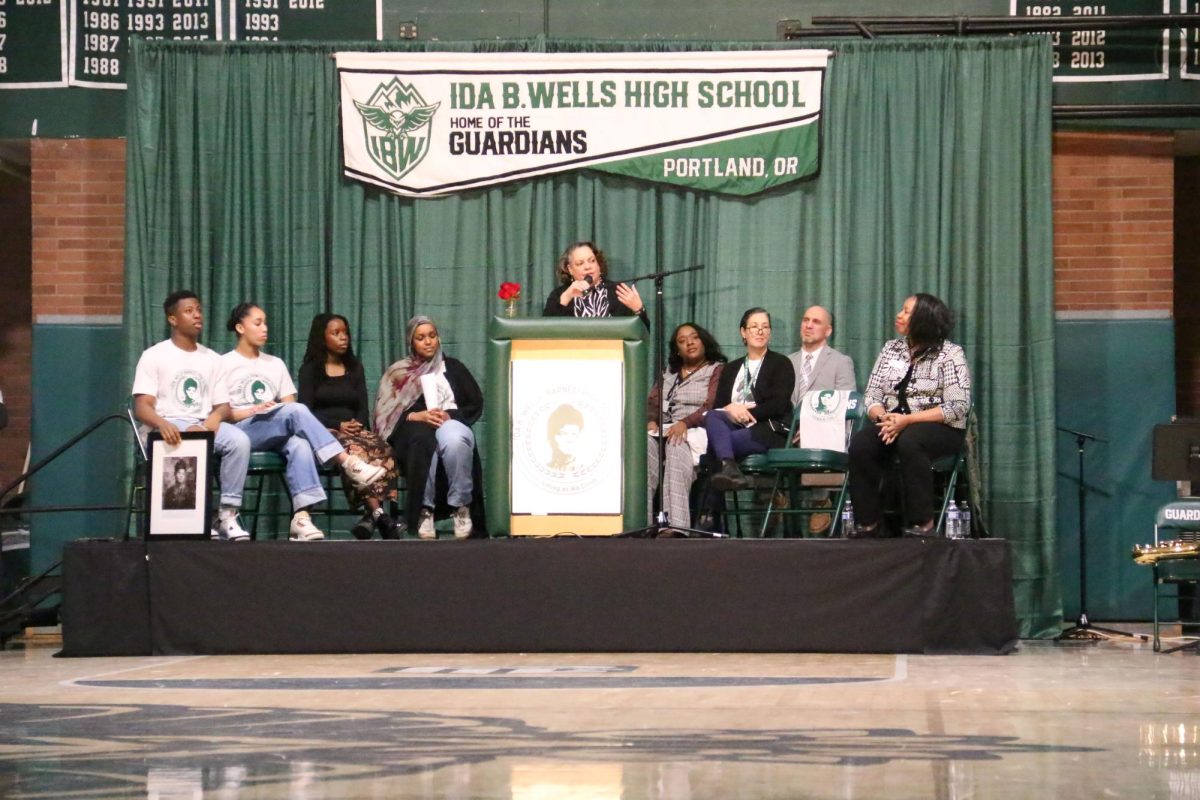
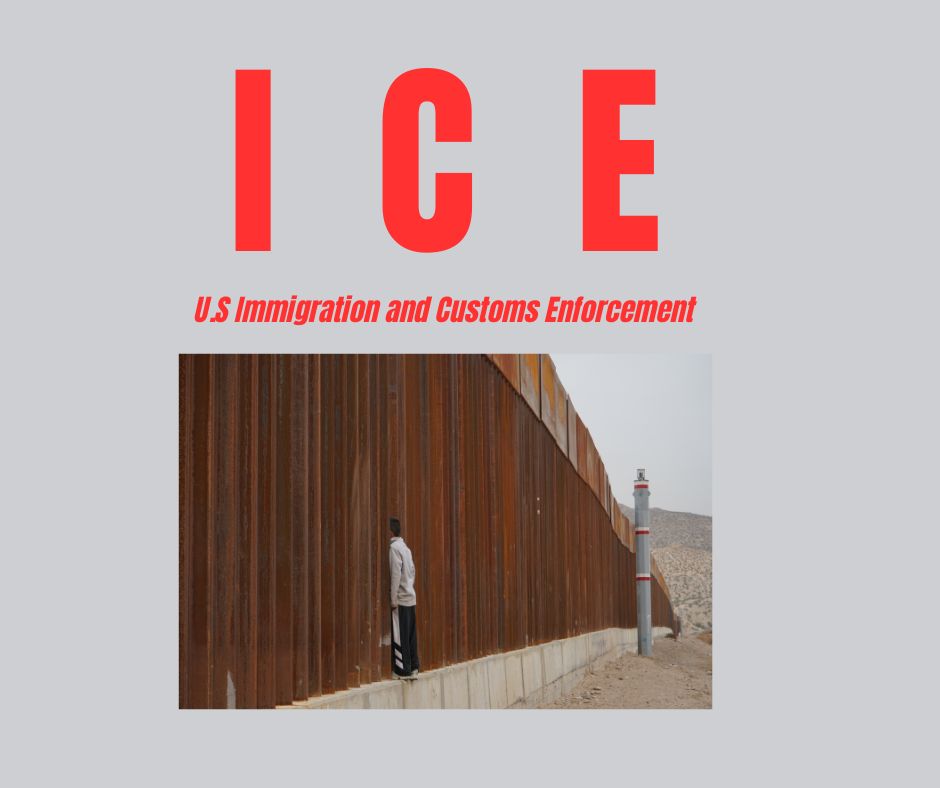

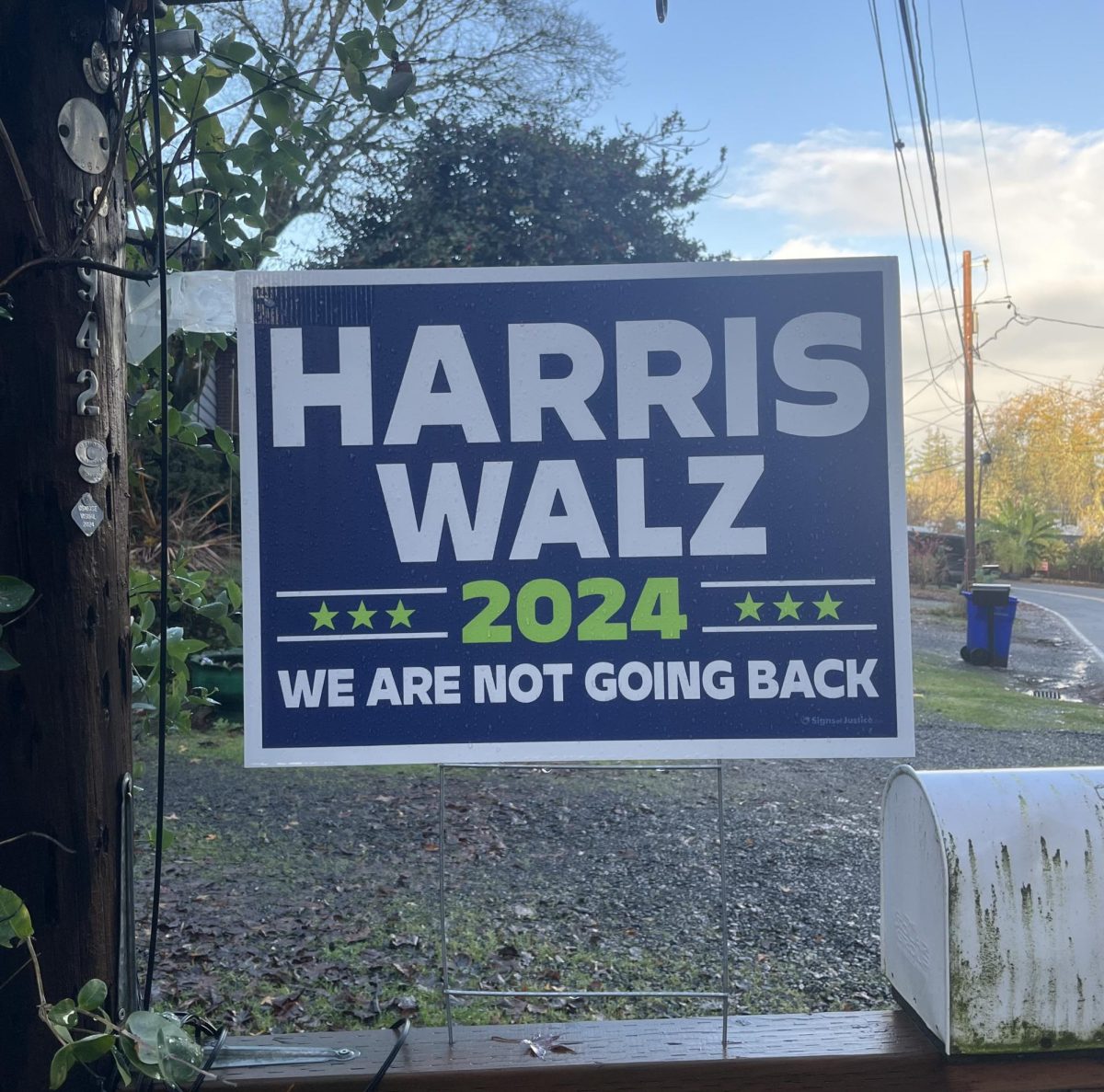
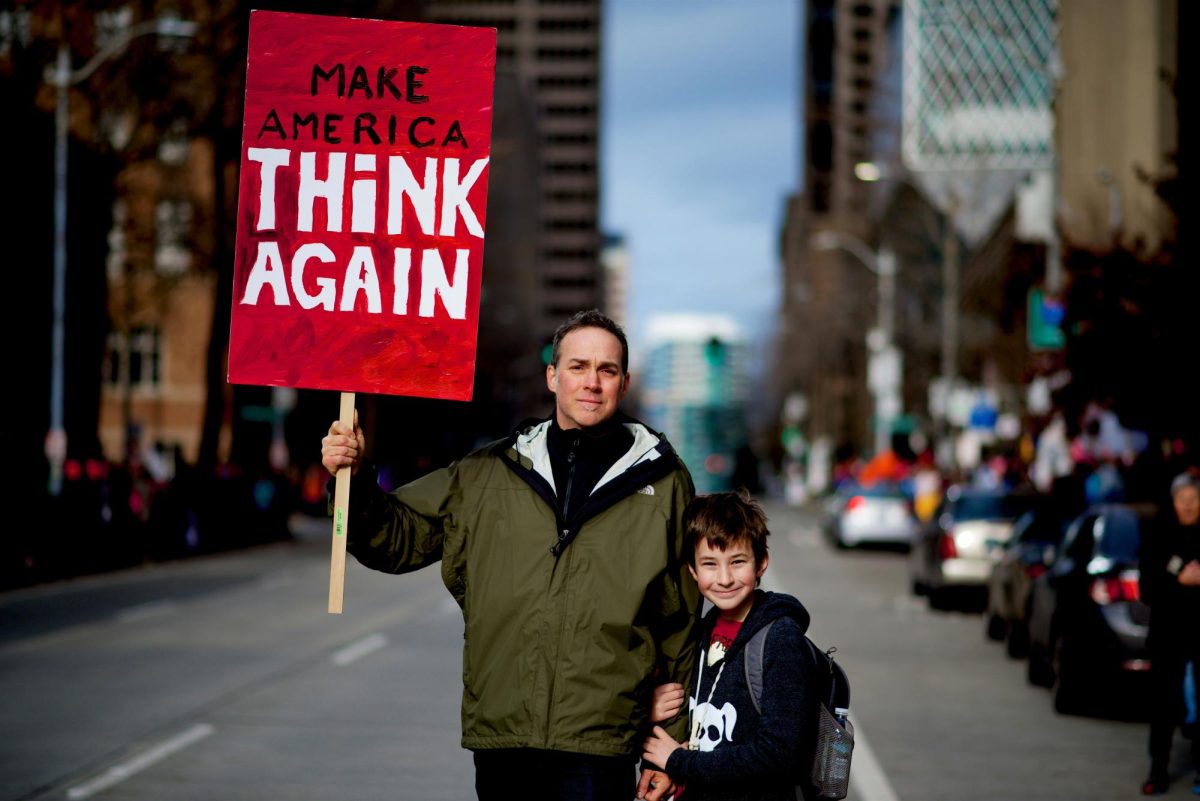


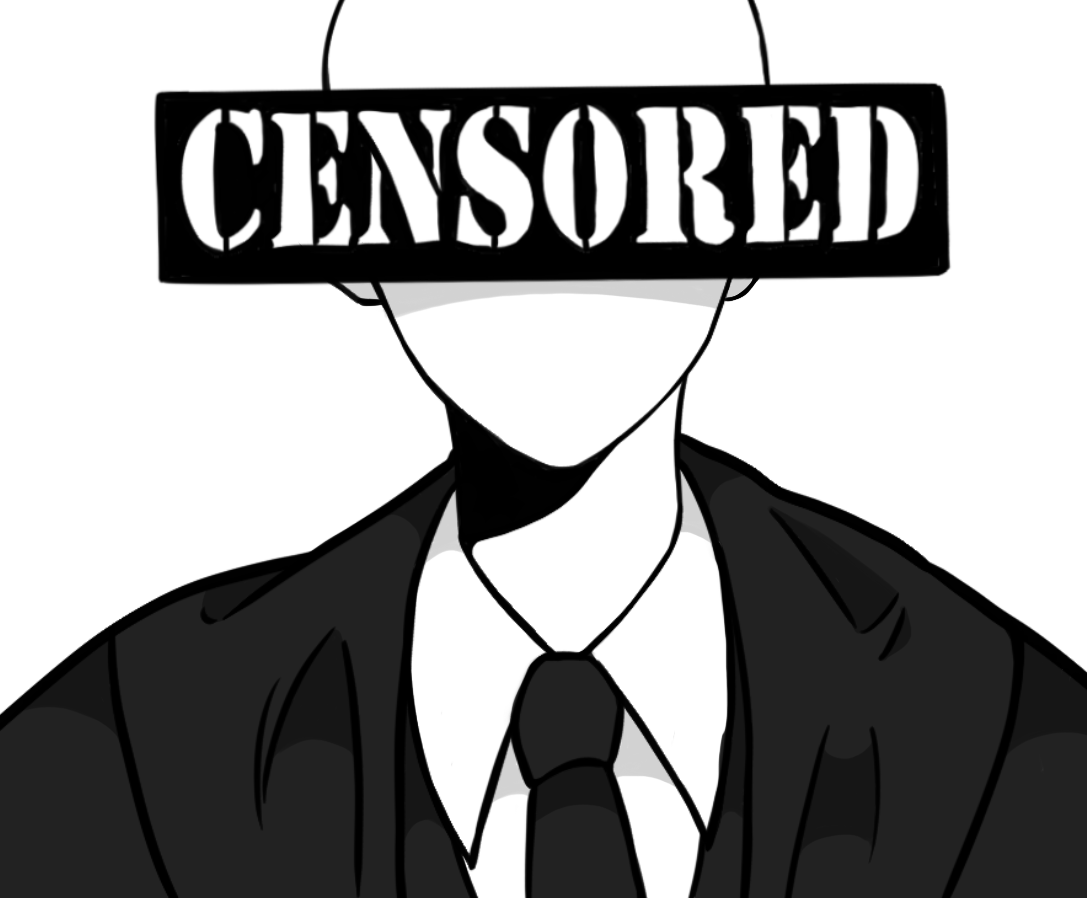




Suzanne McCulloch • Jan 25, 2024 at 5:24 pm
Very well written article Eloise!